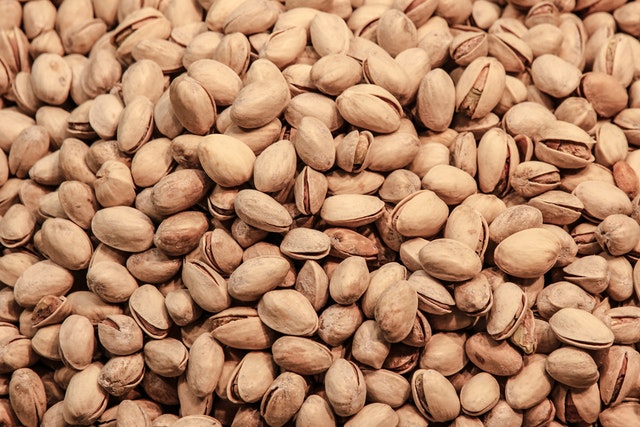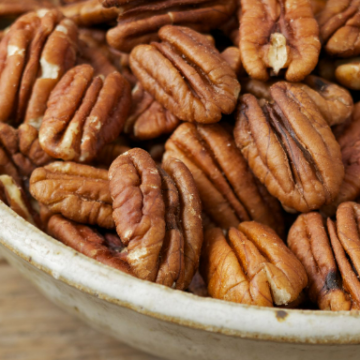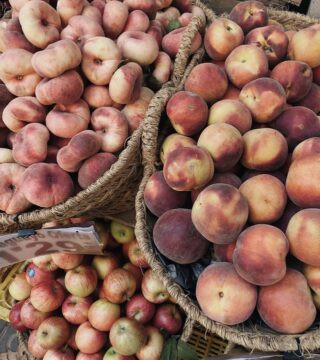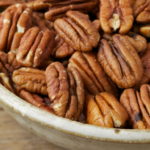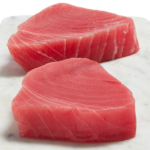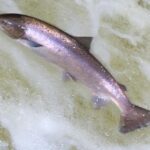Pistachios are widely known for their health benefits, including a high nutritional content that replenishes the body with important nutrients. This health benefits extend to our canine companions, as well. Although it is unlikely for your dog to receive the full benefits of pistachios, it is still important to watch your pet for the signs of an allergic reaction or other adverse effects from the nuts.
what are pistachios
One of the most popular nuts is the pistachio, and these tiny seeds are delicious and nutritious. Pistachios contain monounsaturated fats, which lower bad cholesterol. They also help to maintain healthy cells, so they are good for your eyes. And, pistachios have a high calorie count, so eating them isn’t a good idea if you’re trying to lose weight.
Pistachios are rich in Vitamin E, a fat-soluble antioxidant, which can promote healthy skin. They protect the skin from damage and reduce the risk of skin cancer. They also promote healthy vision and are beneficial for people with vision problems. The high protein and monounsaturated fatty acids found in pistachios also promote a healthy pregnancy. This is an excellent source of nutrition for both moms and babies.
The pistachio is the only edible species of the genus Pistacia. These nuts are packed with essential nutrients and are free of cholesterol and trans fat. Pistachios are also considered healthy because they are high in fiber and contain low amounts of fat. However, they are expensive compared to other nuts. You may want to buy smaller packets to save money. But don’t wait until you’re desperate to try these delicious nuts! They’re worth the wait!
The best way to enjoy pistachios is to eat them raw! Pistachios are available year-round in most supermarkets. You can purchase them in two forms: salted and unsalted. Ideally, you should purchase raw pistachios, as they are the most popular for cooking. When buying pistachios, look for ivory shells with one opening. This indicates that the nut is mature. Otherwise, it’s ripe, and you may end up with a bitter experience.
Nutritional benefit of pistachios to a dog’s diet?
There are a few ways you can add pistachios to your dog’s diet. Pistachios are a high-fat food, so you may want to make sure your dog doesn’t develop allergies to them. Remove the shell from pistachios and chop them up in a food processor. You can also add chopped pistachios to dog treats. For a more fun way to add pistachios to your dog’s diet, soak them in chicken broth or water to make them softer.
Pistachios are a high-fat treat, but make sure to watch your dog while feeding it. They may chomp on the shells and choke. If your dog is prone to choking, avoid feeding them. Pistachio shells can damage your dog’s mouth, teeth, or intestines. You don’t want your dog to suffer from pancreatitis!
While pistachios are not toxic to dogs, they should be fed in moderation. Their shells are a choking hazard, so keep the quantity small. If you do decide to give pistachios to your dog, make sure to remove the shells first. However, if you’re concerned about your dog eating nuts, consider pet insurance. This type of policy can help you focus on your dog’s health rather than worrying about your own.
While pistachios don’t contain toxins, they should be limited to a few nuts. A large portion of pistachios may cause intestinal obstruction and require surgery. If your dog eats too many pistachios, it may experience gastrointestinal distress and may even develop an allergic reaction to the nuts. If your dog experiences any of these symptoms, you should stop feeding pistachios to your dog until it clears up.
How do you prepare pistachios for a dog?
Pistachios can be dangerous for dogs. They contain high amounts of sodium and fat. Adding these nuts to your dog’s diet could cause them to become sick. Pistachios should be avoided by pregnant and nursing dogs. This snack is bad for your dog’s health because it will add extra pounds to its weight. In addition to that, it may cause your pup to have diarrhea and vomiting.
The problem with pistachios is that they have high levels of aflatoxins. Aflatoxin is a toxic substance produced by the aspergillus mold, which grows on many agricultural crops. In dogs, aflatoxins can cause an allergic reaction, which can cause lethargy, vomiting, and even liver failure. Affected dogs may experience vomiting for a few days, as well as stomach discomfort. As with humans, it’s best to avoid adding human foods to your dog’s diet. Always consult with a veterinarian before adding human foods to your dog’s diet.
Pistachios are also a good source of potassium. Potassium helps maintain the normal electrical charges in your dog’s body, which makes them great for dogs with mild cases of diarrhea or constipation. Nonetheless, pistachios are not a primary food source for your dog. Dogs thrive best on a high-protein diet of meat and vegetables. As a reward, a dog can enjoy a snack such as pistachios if you give them a small amount of them each day.
When preparing pistachios for your dog, keep in mind that you must keep in mind their size compared to the nuts. Small dogs may easily pass them through without any trouble, while larger dogs should be monitored carefully for 48-72 hours after eating them. If your dog shows signs of discomfort, consult a veterinarian to ensure they are not suffering from an allergic reaction to the nuts.
Are pistachios good for dogs?
Are pistachios good for your dog? Pistachios are high in fiber and contain three grams per serving. This healthy snack fights free radicals in the body that can damage cells and tissues. Free radicals are the cause of many diseases, and pistachios contain several vitamins, including vitamin B1 and B2, which can lower cholesterol and improve immunity. Vitamin D promotes bone growth and strengthens bones.
However, you should not feed your dog pistachios in large quantities. They are too large for a dog and can pose a choking hazard. Also, they can cause pancreatitis, so you should only feed your dog small amounts. As a general rule, pistachios are not poisonous. However, if you feed your dog pistachios on a regular basis, it could cause digestive issues.
If you are planning to give pistachios to your dog, you should consult a veterinarian. They will be able to determine the best course of treatment. If your dog eats too many pistachios, they may develop pancreatitis, which is an inflammation of the pancreas, which aids in digestion and regulates blood sugar levels. While there is no specific way to diagnose pancreatitis, a pet’s health should be monitored and prescribed medication.
Another benefit of pistachios for dogs is their high fat content. This can make them a healthy snack because they increase the amount of healthy bacteria in the digestive tract. And healthy GIT equals healthy poops! However, the shells are not good for dogs, and it is best to avoid feeding them to your dog. The shells can cause digestive problems and even require medical intervention.
Can puppies eat pistachios at all?
There are some health risks associated with pistachios. These nuts can cause diarrhea, tremors, and abdominal pain. They are also high in fat and could cause pancreatitis in elderly dogs. A moderate amount is safe, but too much could cause health risks. Pistachios are not recommended for elderly dogs due to their high fat content. They can also cause choking hazards because they are usually sold in their shells. Pistachios contain a large amount of fat, which can lead to pancreatitis and obesity.
For a dog to develop a reaction to pistachios, he or she must avoid the source. It is best to avoid this food entirely, and to seek veterinary advice if you think your dog has consumed pistachios. A dog can have allergic reactions to aflatoxins from pistachios, which are secondary metabolites produced by microfungi. Pistachios can cause gastrointestinal distress and can lead to liver failure. Because pistachios contain aflatoxins, they should not be given to puppies.
In moderation, pistachios are not harmful for dogs, but they should not be added to the regular diet. Dogs should have a diet that is high in protein and contains meat, but pistachios are an exception. When feeding them pistachios, it is best to choose unsalted varieties. Pistachios can easily become junk food, and it is better to keep the amount to a few handfuls every now and then.
Although pistachios are relatively safe for dogs to eat, excessive amounts can lead to gastrointestinal problems and even obesity. Pistachios contain a high amount of sodium and are therefore not recommended for pregnant or nursing dogs. If you have any doubts, you should seek veterinary advice. You should also keep an eye out for signs of liver or kidney problems in your pup.
